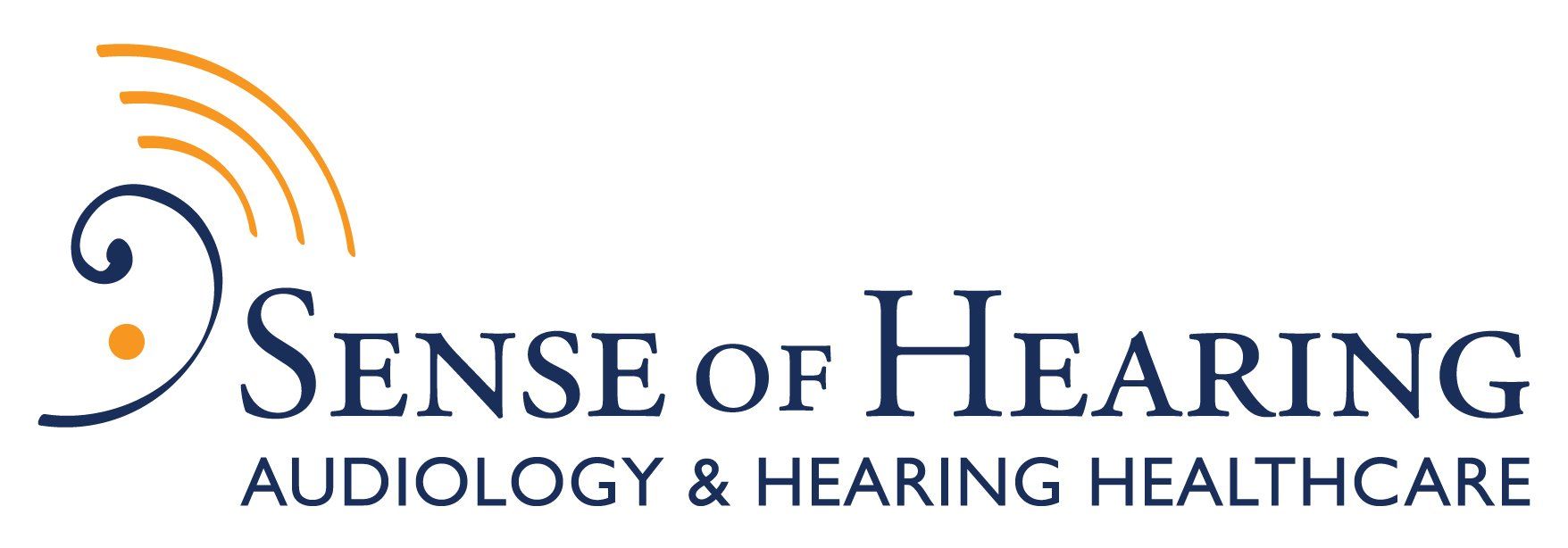Auditory Processing Disorder
WHAT IS AN AUDITORY PROCESSING DISORDER?
- Despite having normal hearing sensitivity, people with auditory processing disorders (APD) have difficulty processing and interpreting auditory information. The ear detects and transmits sound to the brain normally, but when the orally presented information goes to the brain, the child or adult has problems interpreting or understanding it accurately or efficiently. It is estimated that 20 percent of the school age population has APD.
SIGNS OF AUDITORY PROCESSING DIFFICULTIES
- Difficulty understanding speech in the presence of background noise
- Difficulty with reading, spelling, reading comprehension
- Difficulty remembering auditory information
- Difficulty organizing sounds in a proper sequence
- Problems successfully combining auditory and visual information
- Difficulty with localization of sound
- Problems attending to different information presented to opposite ears
- A consistent delay in response to a question or instructions
HOW IS AN AUDITORY PROCESSING DISORDER DIAGNOSED?
At Sense of Hearing, we use the Buffalo Model for diagnosing and treating auditory processing issues, which was developed by Jack Katz, Ph.D. while at the University of Buffalo. We assess patients (ages 7 years and older) on the degree to which they deviate from the norms on several listening tests. The auditory processing assessment takes between 1-2 hours to complete. Before the auditory processing assessment, a hearing assessment must be completed and can be done prior to the appointment. A hearing assessment takes between 30-45 minutes.
TREATING AUDITORY PROCESSING
Most commercially available programs provide practice related to general auditory processing skills and compensation strategies, whereas the Buffalo Model’s treatment, which has a long history of success, targets the specific areas of weakness identified in the APD testing. We identify the patient’s specific auditory processing deficits (which are associated with a person’s specific academic/occupational and personal communication difficulties) and train the auditory nervous system to process speech and other sounds more accurately and efficiently, focusing on the areas of deficit. Working one-to-one with a professional on auditory training can develop the skills and strategies specific to the patient’s needs.
Book Your Appointment Today
If you would like to book an appointment for APD please contact one of these location listed below.
Burlington
- Mon - Thu
- -
- Friday
- -
- Sat - Sun
- Closed
Limestone Hearing Care Centre (Kingston)
- Mon - Thu
- -
- Friday
- -
- Sat - Sun
- Closed
Oakville
- Mon - Thu
- -
- Friday
- -
- Sat - Sun
- Closed



